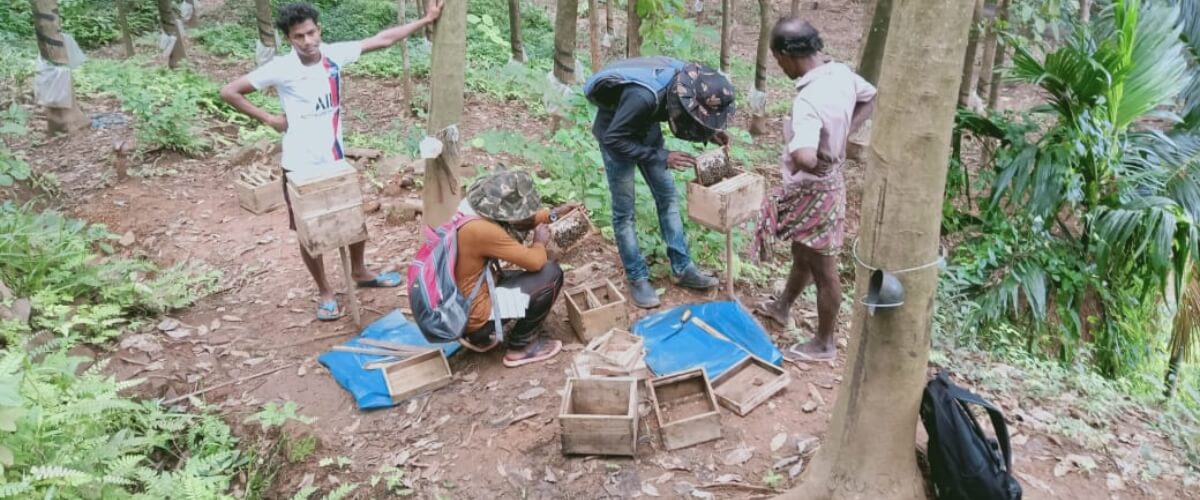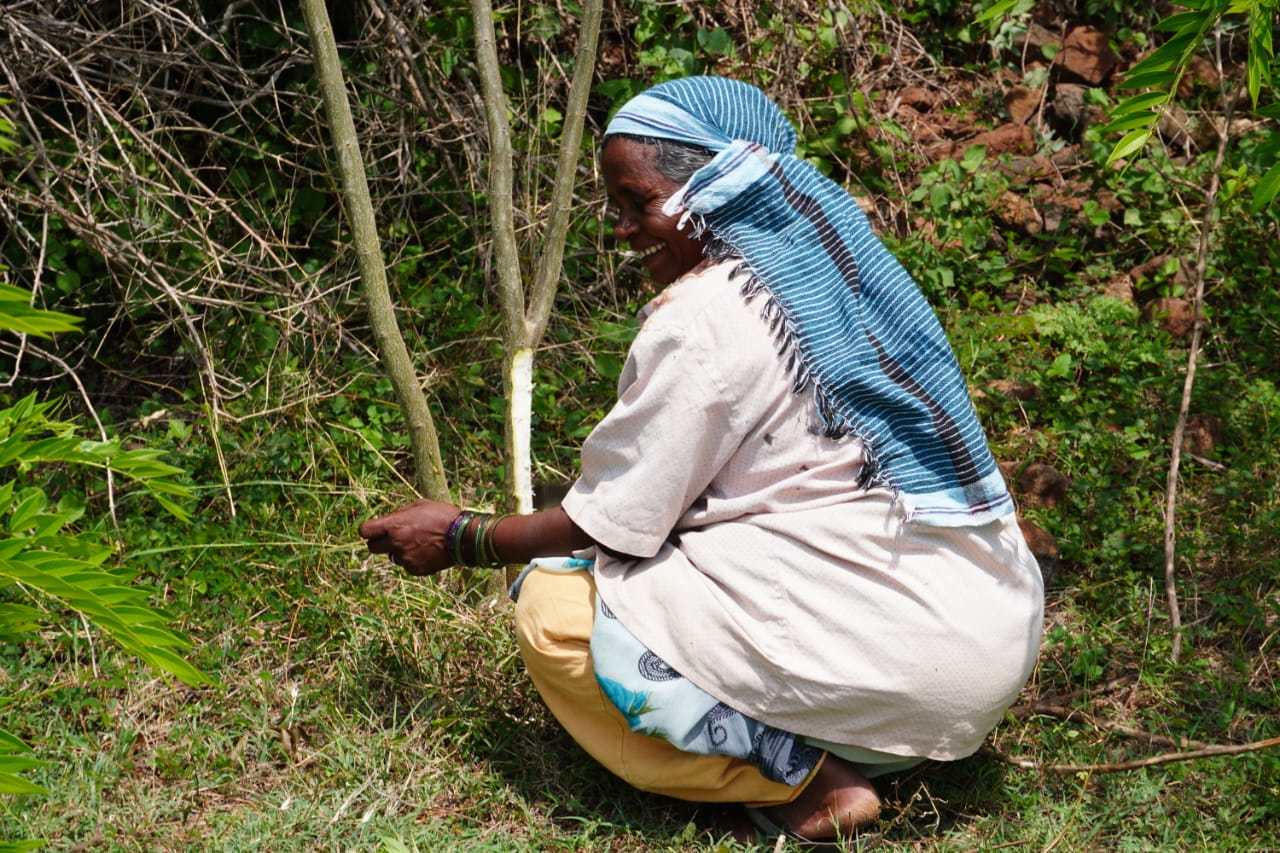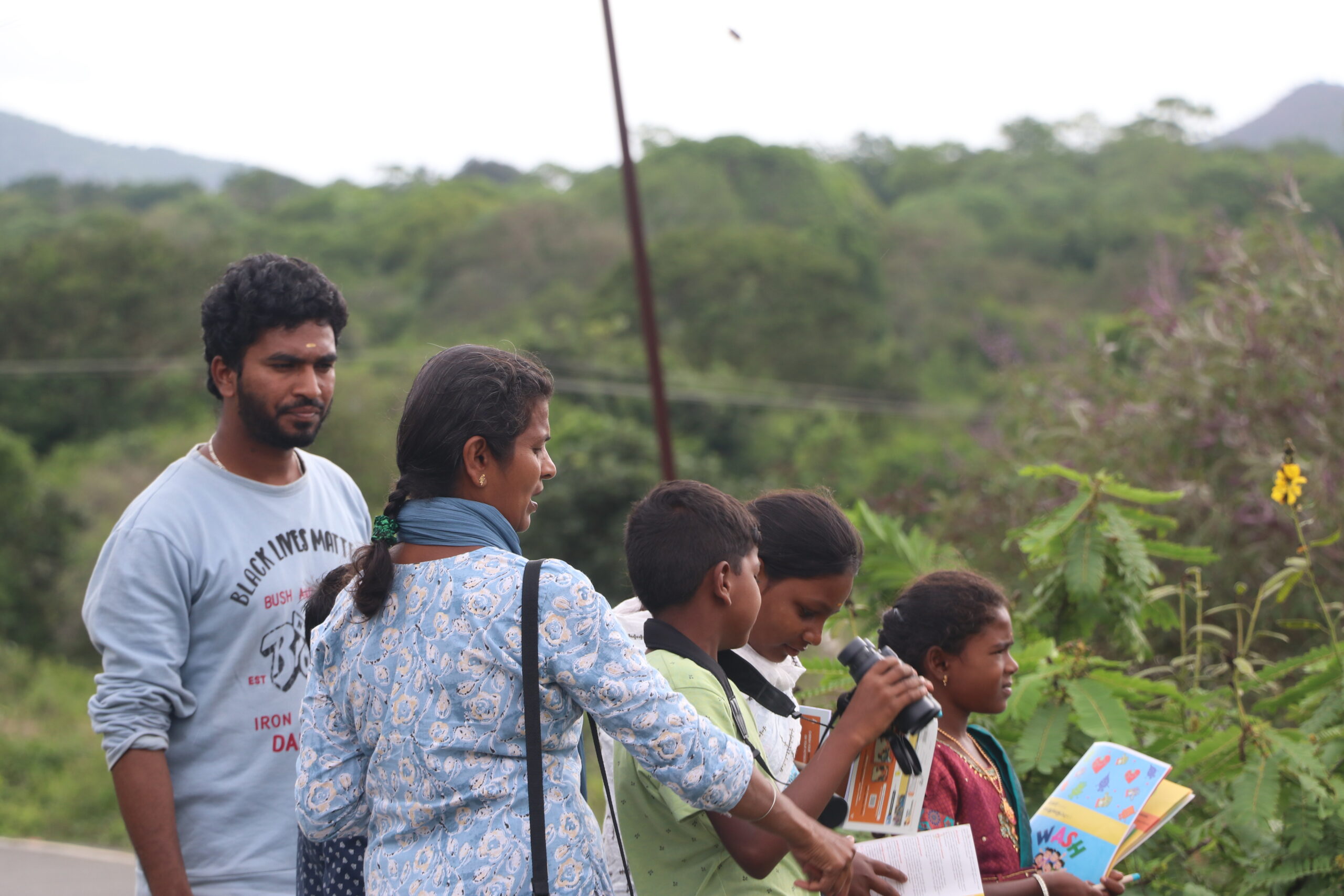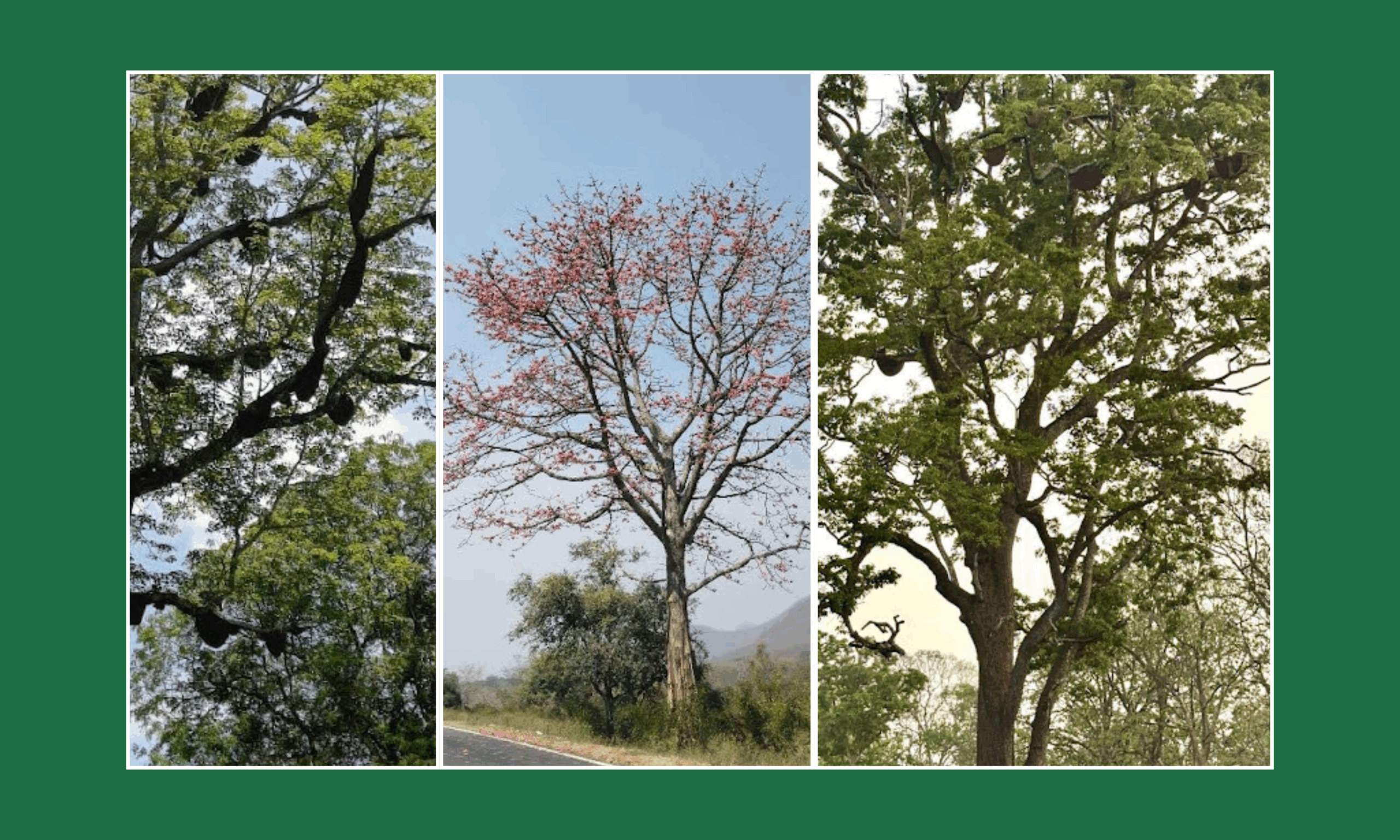The people in Nilambur area had started the practice of the bee-keeping just before the flood affected their lives in the year of 2018. After the bee-keeping initiative started in Nedunkayam and Pulimunda as part of the ABF project became successful, they acted as apiculture models that members from other hamlets, too, wanted to follow.
Around 290 people from 15 tribal hamlets signed up and received apiculture training. There were a total of 70 boxes in two different settlements before the flood of 2019. The people were not expecting a second flood in 2019. Unfortunately, all the 70 boxes of bees that were set-up washed off during the time of deluge of 2019.
The loss of bee hives had affected the communities’ confidence in continuing with bee-keeping. Incessant rain had also affected the foraging of bees. Repeated cleaning of bee hives had become a necessity and the beekeepers were required to get trainings on bee hive management.
Moreover, procurement of honey has severely decreased. The Scheduled Tribes Development Society and VSS institutions do not engage in procurement of forest honey and other minor forest products, stating such reasons that they already have a huge amount of stock of honey to be cleared from what they procured in the previous year. For this reason, honey sale has been disturbed by the impact of the continuous flood. To add to the woes, COVID-induced lockdown has not been helpful, either.
The adaptation strategies to avoid losses due to floods (Bee-box honey & forest honey)
Bee box or hive honey:
A round of meetings with community-beekeepers and bee-keeping experts were called-in to discuss and salvage the situation and to further avoid the loss of bee colonies due to floods
Following these discussions, a few recommendations were given out to the community bee-keepers:
- To identify higher elevations where flood-water is less likely to reach and to relocate existing boxes;
- Continuous monitoring of beehives during rains;
- To keep track of and manage data with regard to the incidents of absconding or diseases;
- If diseases are found, then to remove such broods immediately from the colony;
- To ensure sufficient feed for bees during rainy seasons
Forest honey:
Harvest of wild honey was over even before the two floods struck everything down. Thoduve Foundation is a community-led foundation formed by the tribal community in Nilamburarea, formed with the help of Keystone Foundation that was established for the promotion of the well-being and development of the tribal communities in the region. The members of Thoduve foundation were selected from the Forest Rights Committees of village assembly (Grama Sabha) formed under FRA.
A community-based value addition enterprise was established at Cherupuzha by Thoduve foundation with support of the ABF project. Some of the strategies and initiatives were taken by community members to intervene in the procurement and sale of the honey through Thoduvewere as follows:
- To directly procure some amount of honey from the people to start production;
- To help community members find market(s) for honey;
- To cut-down or avoid engagement with exploitative private traders
Facilitation of the sales of both types of honey and the overall impact on household (financial and non-financial)
Further, a community-based value-addition enterprise established at Cherupuzha by Thoduve foundation, has managed to procure around 500 kg of wild honey from tribal harvesters at a rate of Rs.400 till the end of March 2020.
The foundation is in its initial phase now. Four field level resource persons at village clusters for enabling the collection of NTFPs directly from NTFP harvesters at villages have been appointed. These products will later be taken to the production unit and used for value addition. They also help harvesters sell their harvest products to private buyers in case there is bulk of products. The enterprise is aiming to start the processing and value addition work once the restrictions due to the lockdown are lifted and they expect it to happen soon. Thoduve community foundation has also decided to support the beekeepers by procuring or marketing their honey in the future.
Considering the steady decline in farm and forest-based livelihoods, bee-keeping comes-in as an important livelihood alternative for farming, as well as, forest-dependent communities, largely earning their incomes or running their livelihoods through collection of wild forest-produce; working under the MGNREGS; besides earning through other wage-work opportunities.
Minimal investment requirement for bee-keeping makes it an enticing option for cash-strapped communities.
By Ramachandran


















